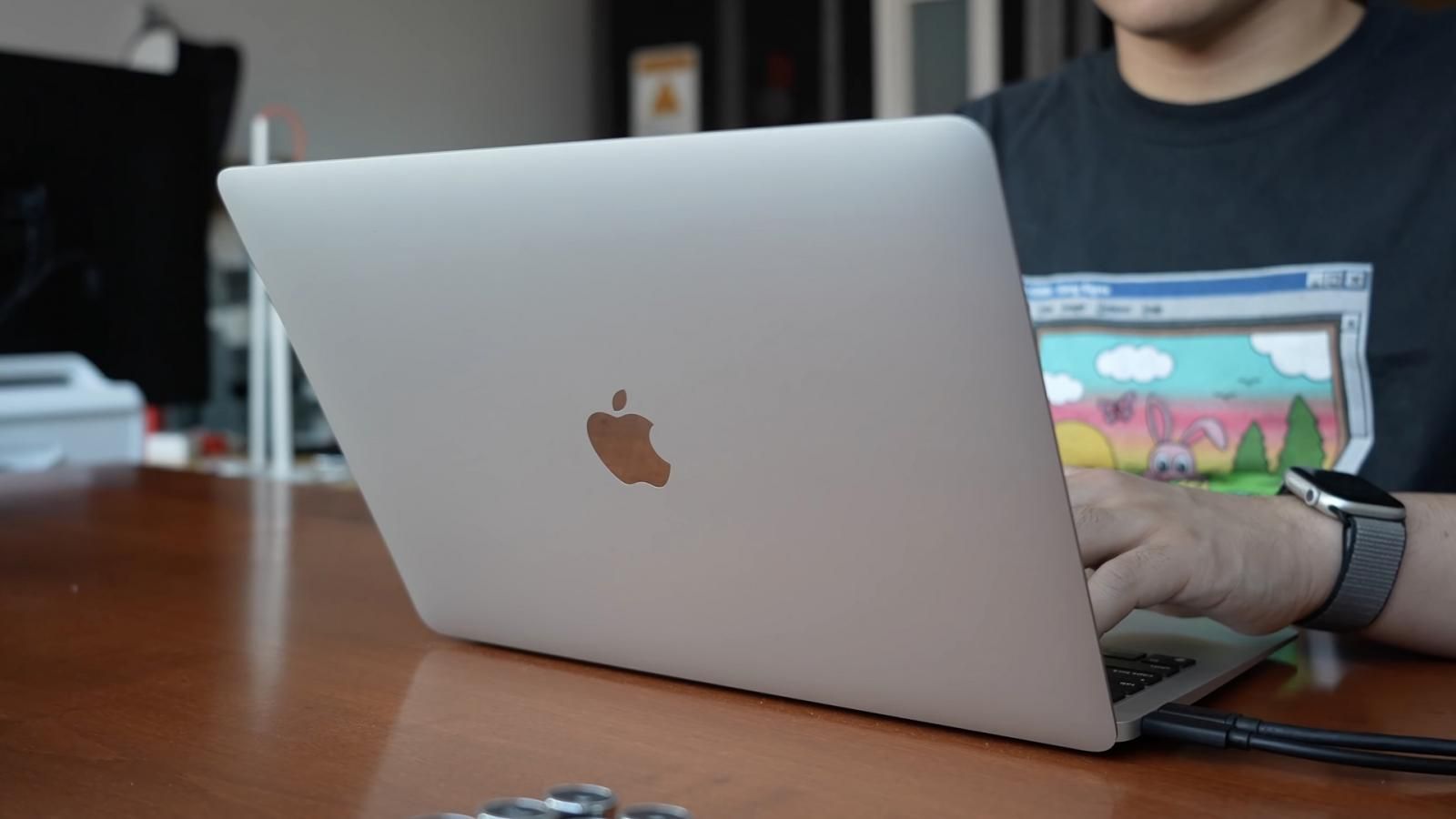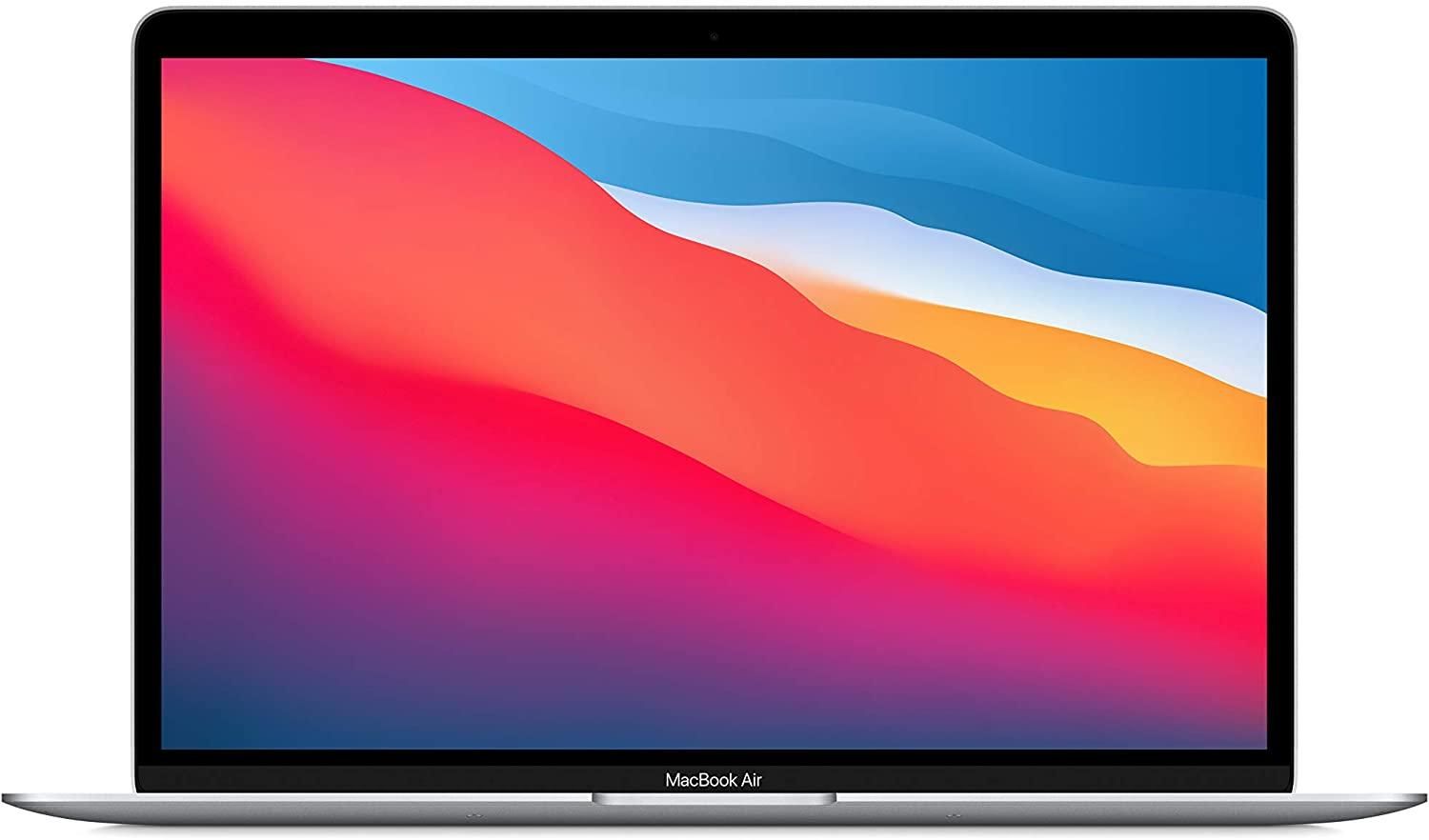Apple is well known for the great quality of its products, but also for being a bit complicated to fix. This means that if your iPhone, iPad, or Mac presents issues, your best option is to take it to a qualified Apple repair center. However, some people don’t like how much Apple charges for these services, so they choose to look for more affordable options. The problem comes with the newer Apple products, as we find several changes and upgrades which make repairs a bit more challenging for independent technicians. Luckily, hackers have come to the rescue to make independent repairs easier.
According to Vice, Independent technicians have been using leaked MacBook schematics to help them with the repairs of the latest devices. These leaks were taken from Apple’s supplier Quanta Computer when hackers from a group known as “REvil” took a large quantity of Internal Apple documents on released and unreleased Apple devices.
The leaked PDFs have become available in several forums and online marketplaces. It seems that they have helped technicians understand the design and build of the latest Macs and help them recover user’s data. In the words of Louis Rossman, repair advocate and owner of the Rossmann Repair Group:
“Our business relies on stuff like this leaking. This is going to help me recover someone’s data. Someone is going to get their data back today because of this.
You can’t go to Apple and say “I will give you $800,000 to give me this data.” When we fix the board, most of the time we preserve the data.
I’m not saying I’m in favor of people hacking into computers to get this information. I would prefer to get this by going to Apple and giving them $1,000 every year to get this information.”
This leak has apparently helped technicians with logic board repairs, as these are more complex than a regular and basic battery replacement. The problem is that Apple doesn’t provide detailed repair manuals or schematics for its products, so the latest leak has done them a huge favor. Now they don’t have to risk data loss or ultimately damaging components in your Mac.
Source Vice


